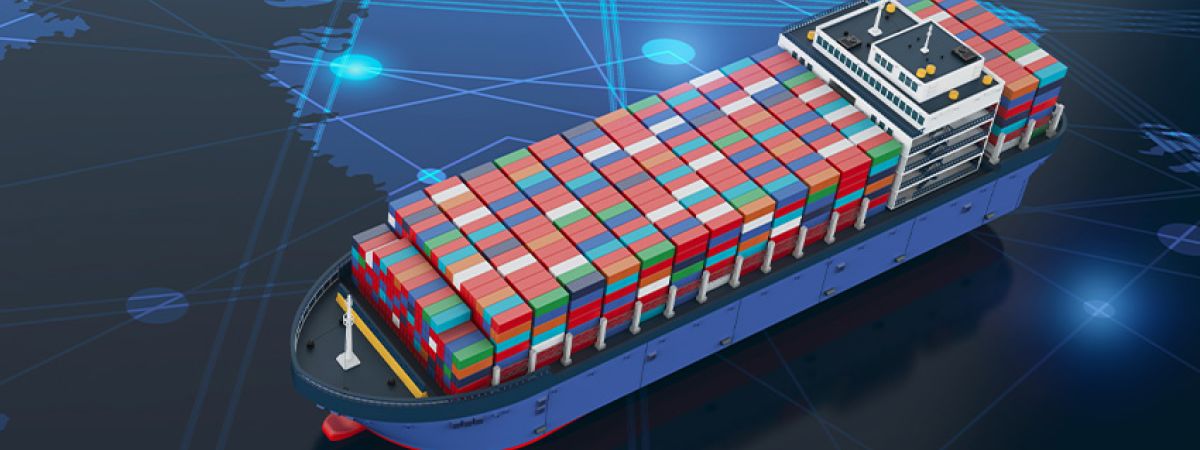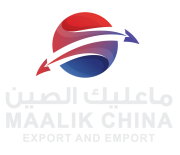
Trade, Import, and Export with China
Trade, Import, and Export with China
Introduction:
China is one of the largest economies in the world and a major source of many products and commodities. Therefore, trade, import, and export with China is an important activity for many companies and individuals.
Importing from China:
Importing from China is the process of bringing goods and services from China to another country. This can include a wide range of products, such as manufactured goods, raw materials, and services.
Reasons why companies and individuals import from China:
- Low product prices: China has a competitive advantage in product prices due to lower labor and raw material costs.
- Wide variety of products: China produces a wide range of products, providing many options for companies and individuals.
- Fast delivery: China has a developed logistics infrastructure, which facilitates and speeds up the delivery process.
Exporting to China:
Exporting to China is the process of selling goods and services from another country to China. This can include a wide range of products, such as manufactured goods, raw materials, and services.
Reasons why companies and individuals export to China:
- Large market size: China is the largest consumer market in the world, offering significant opportunities for companies and individuals.
- High economic growth rate: China has a high economic growth rate, which creates increasing demand for goods and services.
- Skilled labor: China has a skilled workforce, which facilitates the production process.
Steps involved in trade, import, and export with China:
- Selecting the product or service: Companies and individuals must select the product or service they wish to import or export.
- Finding a supplier or buyer: This can be done through online research or by traveling to China.
- Conducting an inspection: An inspection of the product or service must be carried out to ensure its quality.
- Negotiating price and shipping: The price and shipping must be negotiated with the supplier or buyer.
- Contracting: A contract must be signed between the supplier or buyer and the company or individual.
- Executing the contract: The contract must be executed as agreed upon.
Challenges faced in trade, import, and export with China:
- Trade barriers: Trade barriers, such as tariffs and customs duties, can restrict international trade.
- Cultural and language differences: Cultural and language differences can make it difficult to communicate with Chinese suppliers and buyers.
- Political and economic risks: Political and economic risks, such as political instability or economic crises, can disrupt international trade.
Tips for success in trade, import, and export with China:
- Research and study: It is important to conduct thorough research before entering into any business venture.
- Build relationships: It is important to build strong relationships with Chinese suppliers and buyers.
- Adhere to standards: It is essential to adhere to international quality and safety standards.
- Be prepared for challenges: Companies and individuals should be prepared for the challenges they may face when trading, importing, and exporting with China.
The future of trade, import, and export with China:
The trade, import, and export with China is expected to continue to grow in the future. This is because China has significant competitive advantages, such as low labor and raw material costs, a large market size, and a high economic growth rate.


